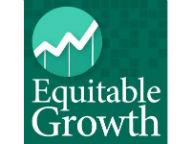Faculty News
—
Professor Luke Williams is interviewed about how businesses can foster disruptive innovation
—

Excerpt from PCMA Convene Magazine -- "'If you’re motivated to grow, you also have to be motivated to lead innovation, because it’s not just another transient management fad,' Williams told Convene in a recent interview. 'It’s actually what draws economic growth. If you don’t innovate, you can’t grow.'"
Faculty News
—

Excerpt from PCMA Convene Magazine -- "'If you’re motivated to grow, you also have to be motivated to lead innovation, because it’s not just another transient management fad,' Williams told Convene in a recent interview. 'It’s actually what draws economic growth. If you don’t innovate, you can’t grow.'"





















